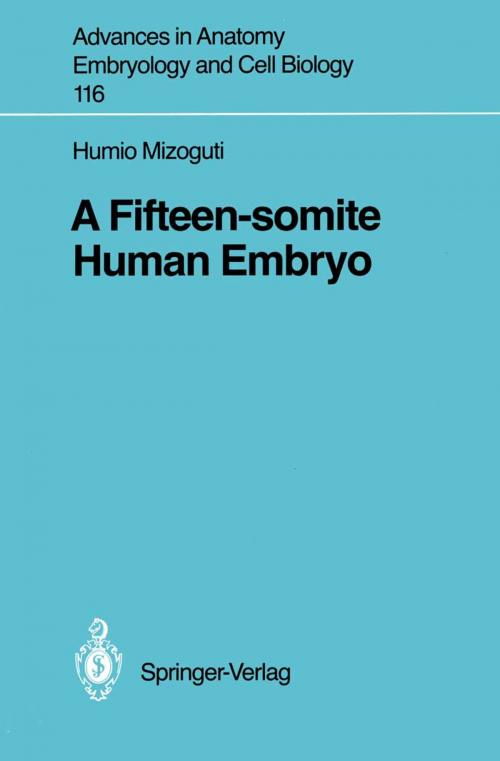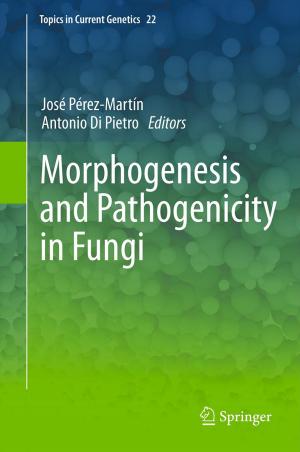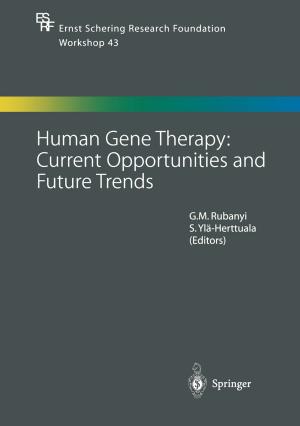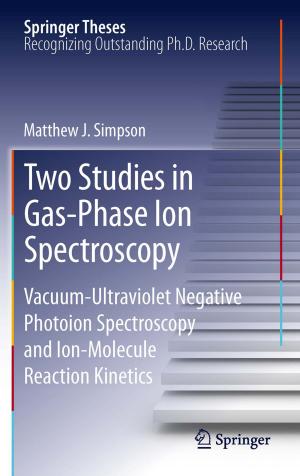| Author: | Humio Mizoguti | ISBN: | 9783642742941 |
| Publisher: | Springer Berlin Heidelberg | Publication: | December 6, 2012 |
| Imprint: | Springer | Language: | English |
| Author: | Humio Mizoguti |
| ISBN: | 9783642742941 |
| Publisher: | Springer Berlin Heidelberg |
| Publication: | December 6, 2012 |
| Imprint: | Springer |
| Language: | English |
Histological observations of human embryos hitherto have been carried out using paraffin sections of 5 to 10 µm thickness, stained with the H-E method or simply with carmine. Because of the thickness, cells are arranged in 2 or 3 layers in one section and the histological details are not always clear. This book provides detailed morphological features of a very well preserved human embryo with fifteen somites. The sections are about 0.75 µm thick and stained with toluidine blue. The thinness of sections and clearness of staining reveal the histological details of this embryo very accurately. A complete set of high quality photomicrographs are presented for each of the selected sections. The high resolution of the photomicrographs will enable easy comparison with the literature. The clear presentation in this book of embryonic development is increasingly important and highly relevant for in-vitro fertilization, and thus of interest to reproductive biologists as well as anatomists.
Histological observations of human embryos hitherto have been carried out using paraffin sections of 5 to 10 µm thickness, stained with the H-E method or simply with carmine. Because of the thickness, cells are arranged in 2 or 3 layers in one section and the histological details are not always clear. This book provides detailed morphological features of a very well preserved human embryo with fifteen somites. The sections are about 0.75 µm thick and stained with toluidine blue. The thinness of sections and clearness of staining reveal the histological details of this embryo very accurately. A complete set of high quality photomicrographs are presented for each of the selected sections. The high resolution of the photomicrographs will enable easy comparison with the literature. The clear presentation in this book of embryonic development is increasingly important and highly relevant for in-vitro fertilization, and thus of interest to reproductive biologists as well as anatomists.















